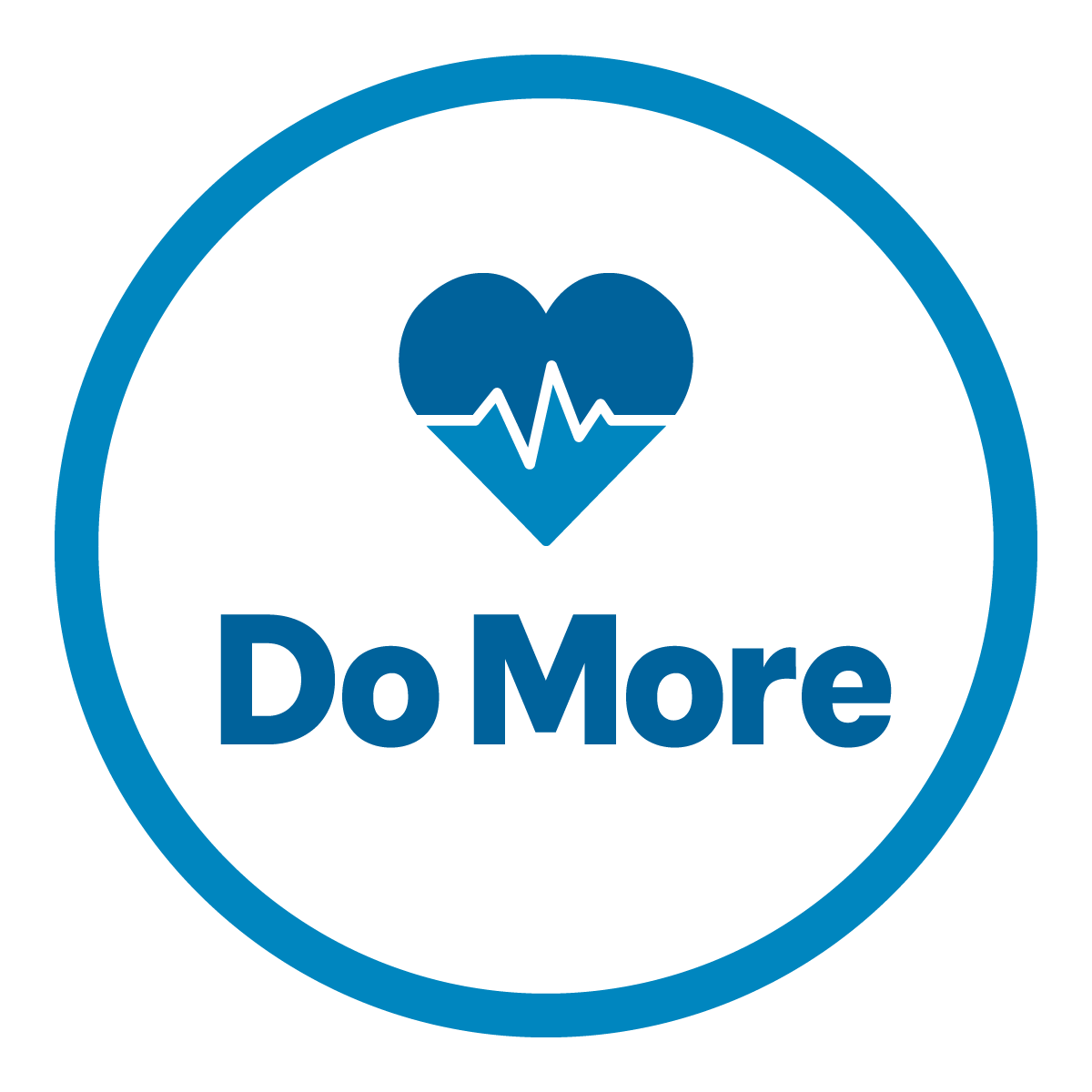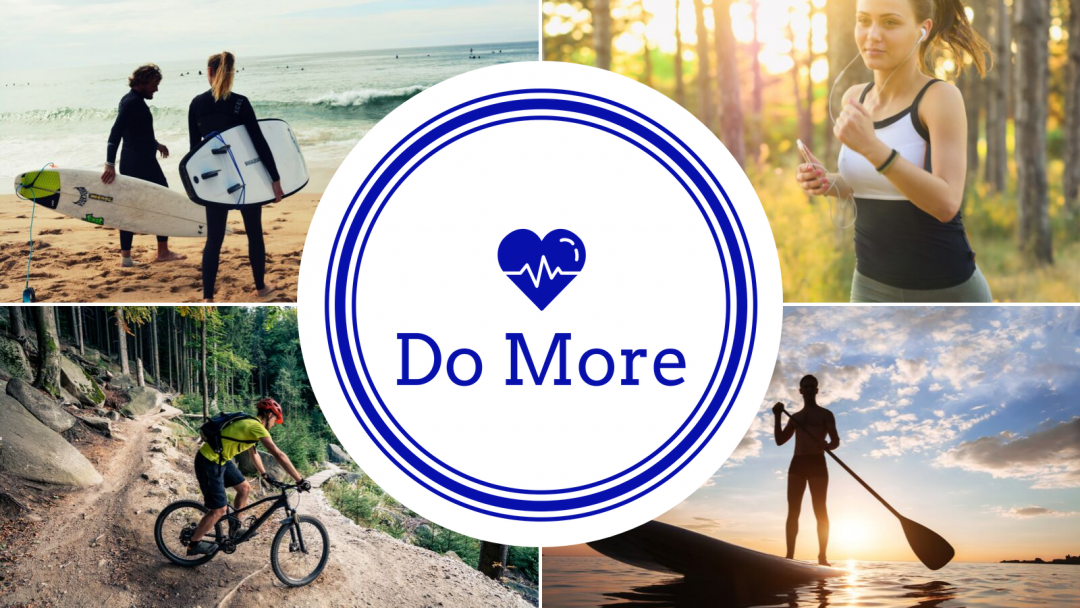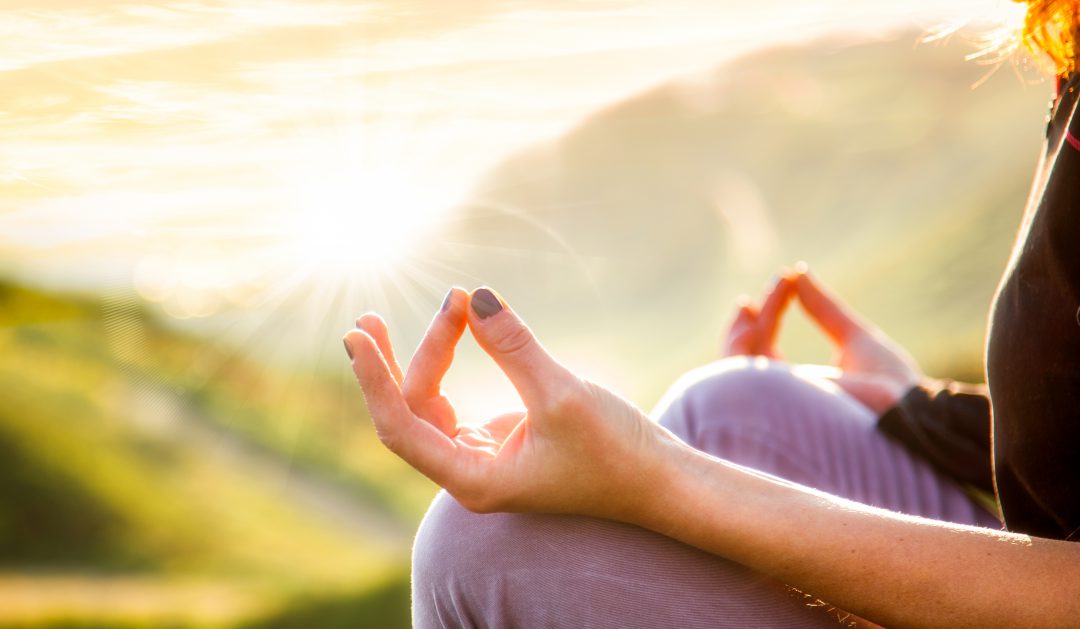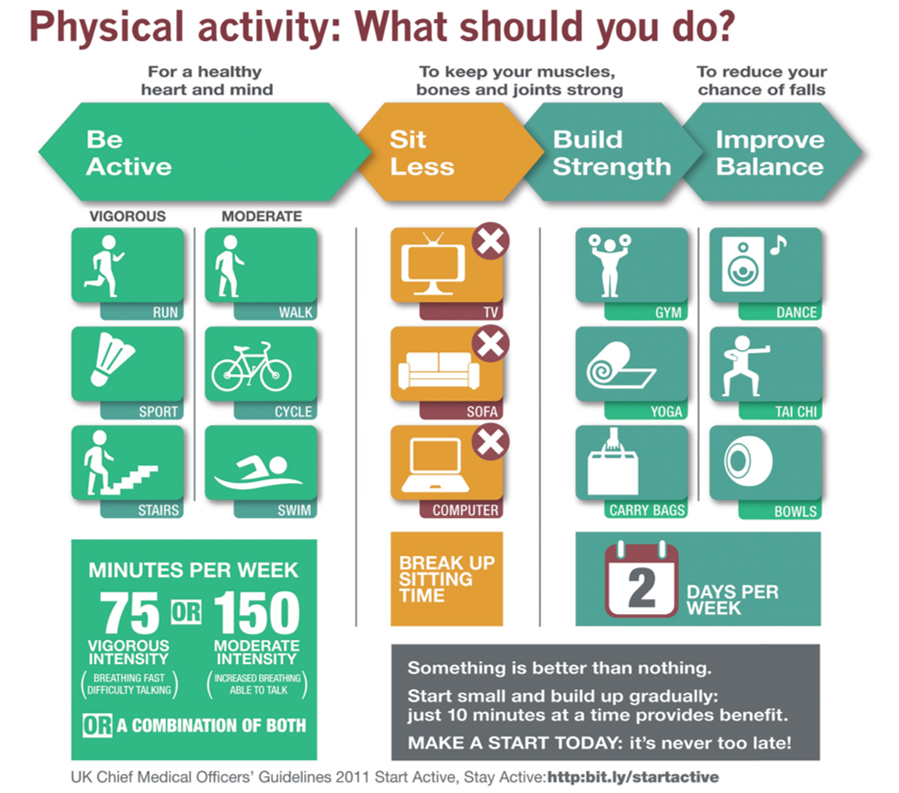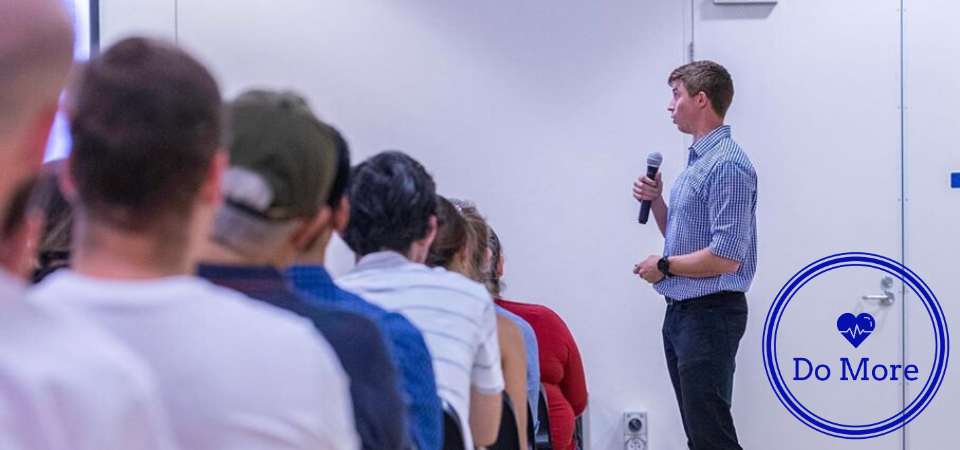How has COVID affected your wellness?
In Australia, we’re lucky to be planning our move into a post-COVID era, back to ‘normality’. It’s with any change that we reflect on what’s important to us. We’ll look at the impact exercise plays in maintaining our physical and emotional well-being, whilst appreciating the equal importance of work, love and friendship. Lessons I’m still learning as I advocate to ‘Do More’. In this article, we’ll take the opportunity to reflect on what our own wellness looks like before we’re too caught up.
What is Wellness
Our view of health and wellbeing has changed over the decades, from an illness-based model to a person-focused approach. Witmer and Sweeney1 compiled a ‘model of wellness’ to better understand an “optimum state of health and well-being that each individual is capable of achieving”. To oversimplify it, we’re essentially asking the question “What makes us whole?”
The model of wellness is often depicted as a wheel, each spoke a separate but interconnected aspect of our wellness. Here we show a simplified version with six key areas: work, leisure, love, friendship, self-direction (with 12 subtasks) and spirituality.
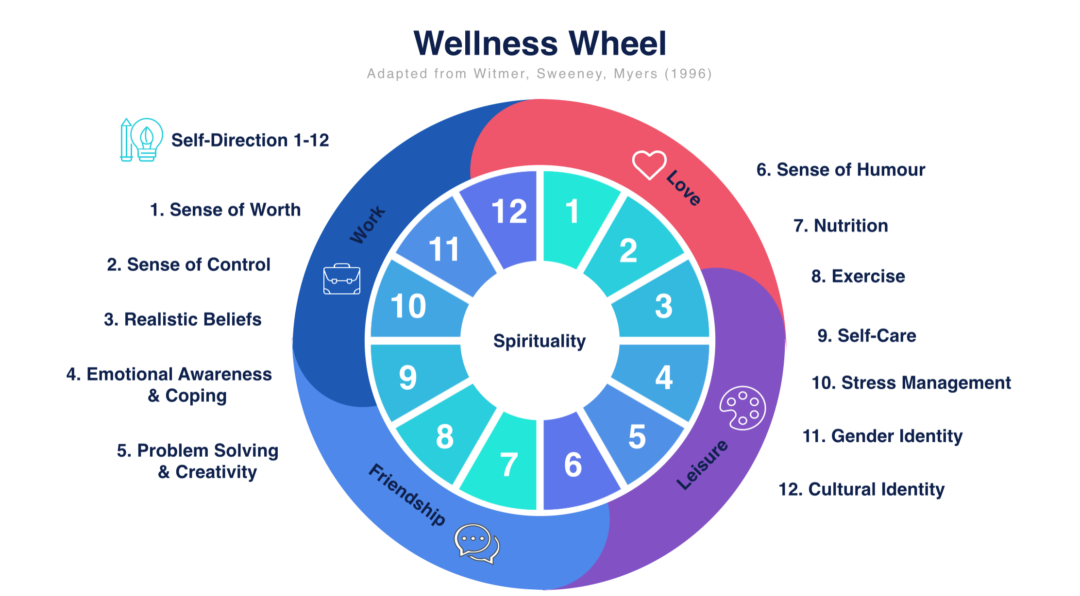
Taking what was a comprehensive study, I’ve condensed each area description:
- Spirituality – hope and optimism, believing that things will work out for the best.
- Work – satisfying challenges, co-worker relations and working conditions
- Leisure – self-determined activities & experiences engaged in because of discretionary time & money
- Friendship – having social support when needed or desired
- Love – trust, intimacy, caring and companionship in a relationship that is reciprocal
- Self-Direction –enables one to regulate and direct daily activities as well as long-term goals
- Sense of worth – acceptance of oneself with imperfections
- Sense of control – believing that certain desired outcomes are possible
- Realistic beliefs – minimising irrational beliefs such as having to always be perfect
- Emotional awareness and coping – ability to manage negative emotions and enjoy positive ones
- Problem solving and creativity – being mentally active, open-minded, with a desire to learn
- Sense of humour – ability to laugh appropriately at oneself
- Nutrition – eating meals regularly and including a variety of healthy foods for a balanced diet
- Exercise – leading an active rather than sedentary life
- Self-care – practicing good health habits such as adequate sleep and preventive medical care
- Stress-management – using mental, emotional, physical and behavioural coping strategies
- Gender identity – feeling supported in one’s gender
- Cultural identity – feeling supported in one’s culture
How Novel Coronavirus has impacted our wellness
In China, Yang et al2 found the onset of the coronavirus epidemic led to a 74% drop in overall emotional wellbeing. They found that factors associated with the likelihood of contracting the virus (e.g. proximity to the epicentre) and extent of potential harm (e.g. being elderly) exacerbated this detrimental impact on emotional well-being.
Research into Google search trends3 during lockdown showed a significant rise in search intensity for boredom in both Europe and the US. They also found a significant increase in searches for loneliness, worry and sadness.
We can only speculate but it’s without a doubt that our experience in Australia has been significantly better. How does Australia’s better situation play to our wellness? Importantly, what have we learned from this that betters our wellness?
Lessons in Wellness from Coronavirus
For many of us, work was the first and greatest change. Working from home saw the loss of communication with colleagues, for some sadly the loss of work entirely. Our leisure time changed with essential travel only, no longer able to sit on the beach with our friends or enjoy a dinner out. We can move through each area of ‘The Wheel of Wellness’ and reflect on how it’s been impacted but what can we learn from this as the restrictions ease?
With an appreciation of exercise and human interaction for our mental health, we’ve been making the effort to get outside and exercise with a friend. Trainers all over the world have stepped up to create home workouts whilst the rest of us adapt to doing them. We’re even using technology to help, staying connected with our friends and family rather than mindlessly scrolling.
Exercise and Wellness
As well as being a domain within ‘Self-Direction’, the benefits of exercise relate to a plethora of other areas of wellness. A large part of ‘Leisure’, a chance to build friendships, a tool of self-care and stress management too.
As restrictions ease, find physical activity and exercise near you with the new and improved Do More search engine – http://do-more.live Support local by exploring local active businesses that will help improve your wellness whilst helping us all recover.
For more information on Exercise and Mental health read the previous article “Get Physical With Your Mental Health” – http://do-more.live/blog
References
- The wheel of wellness counselling for wellness: a holistic model for treatment planning 2000
- How an epidemic outbreak impacts happiness: factors that worsen (vs protect) emotional well-being during the coronavirus pandemic 2020 Haiyang Yang
- Assessing the impact of the coronavirus lockdown on unhappiness, loneliness, and boredom using Google Trends 2020 Brodeur et al
